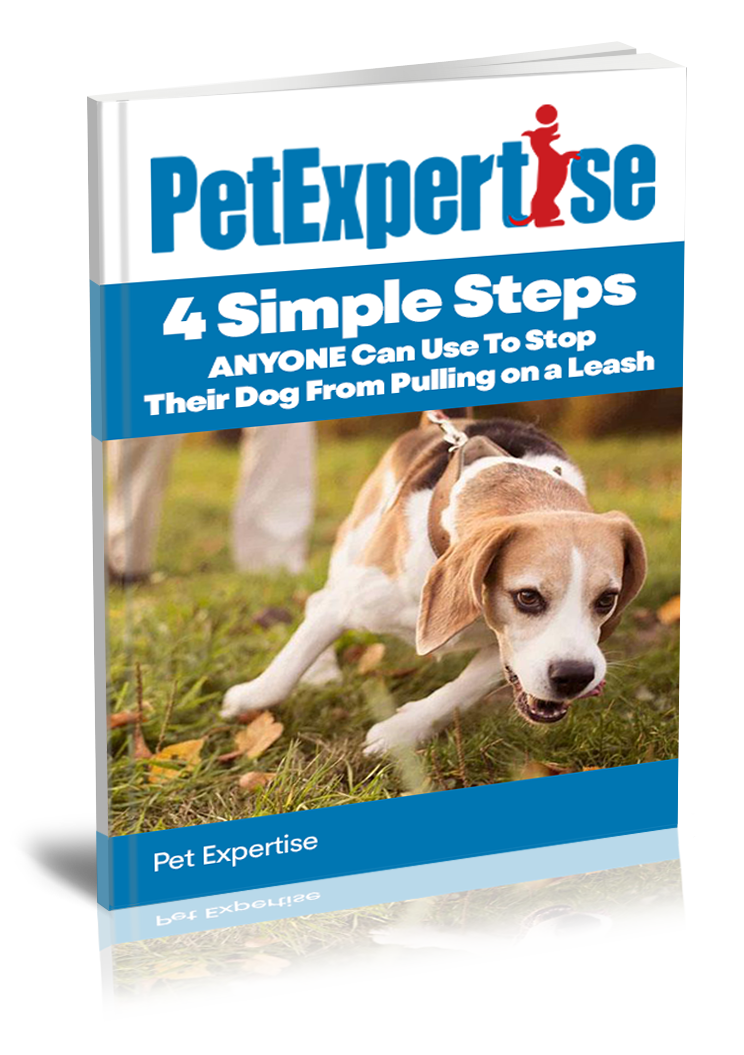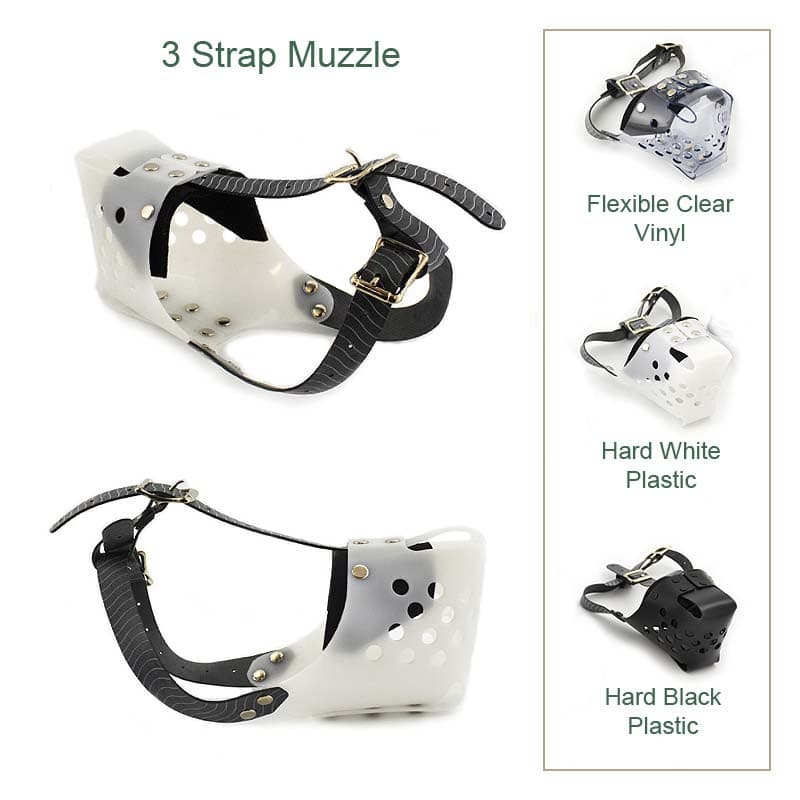5 Vet Tips About Collagen Sticks for Dogs

Collagen sticks for dogs are becoming increasingly popular among pet owners as a healthy and safe chew option. These treats, made from beef, chicken, or fish collagen, offer various health benefits that can improve your dog's well-being.
Many pet parents are choosing collagen sticks because of their positive effects on dental hygiene, skin health, and coat vitality. However, it's important to understand how to use them properly and what benefits they provide before adding them to your dog's diet. Being well-informed allows you to make responsible choices that enhance your furry friend's overall health.
By following expert advice and learning about the benefits of collagen for dogs, you can safely and effectively incorporate these chews into your dog's routine.
What are Collagen Sticks for Dogs?
Collagen sticks, also known as collagen chews for dogs, are becoming a popular treat option among pet owners. These chews are typically made from the collagen found in the skin, bones, and connective tissues of animals such as cows, chickens, or fish. The collagen is processed and formed into stick-like shapes that are easy for dogs to chew.
Differences Between Collagen Sticks and Other Chews
Comparing collagen sticks to other popular chews like bully sticks reveals some notable differences:
-
Ingredients: Bully sticks are made from the pizzle (penis) of a bull, while collagen sticks originate from various animal parts rich in collagen.
-
Digestibility: Collagen sticks tend to be more digestible than bully sticks due to their composition and manufacturing process.
-
Nutritional Profile: Both options provide protein, but collagen sticks offer additional benefits such as amino acids and antioxidants.
Nutritional Value of Collagen Sticks
Collagen chews for dogs come packed with nutritional value:
-
Protein: A rich source of protein which is essential for muscle development and energy.
-
Amino Acids: These building blocks help with tissue repair and overall body function.
-
Antioxidants: Help combat free radicals and support immune health.
Understanding these aspects helps pet owners make informed decisions when selecting treats that contribute to their dog’s overall well-being.
If you're considering purchasing some of these beneficial treats, you might want to explore Pet Expertise's winter sale items where you can find various pet products including collagen sticks. They also offer a shipping policy that provides affordable shipping options for your orders. Furthermore, Pet Expertise is committed to sustainability with its green shipping initiative which offsets shipments for carbon-neutral shipping.
Benefits of Collagen Sticks for Dogs
Dental Hygiene
Chewing on collagen sticks can significantly aid in maintaining your dog's oral health. The act of chewing helps to scrape away plaque and tartar buildup, much like a natural toothbrush. This can reduce the risk of periodontal diseases and keep your pet's breath fresh. Collagen for dogs not only entertains but also promotes healthier teeth and gums, making it a dual-purpose treat.
Skin and Fur Health
Collagen plays a crucial role in promoting healthy skin and a shiny coat. It is a key structural protein in the skin, contributing to its elasticity and hydration. Regular intake of collagen can help dogs maintain a healthier, more vibrant coat by supporting the production of keratin. This is particularly beneficial for dogs with dry or flaky skin conditions.
Digestibility
Unlike traditional chews, collagen sticks are highly digestible. Many dog owners find that their pets have fewer digestive issues with collagen compared to other chews like rawhide or bully sticks. The high digestibility means that there’s less risk of gastrointestinal blockages, which can be a concern with harder-to-digest treats. This makes collagen sticks an excellent option for dogs with sensitive stomachs.
These benefits underscore why many dog owners are turning to collagen sticks as a preferred chew option. However, it's essential to ensure that your dog uses these treats safely and effectively. For instance, if your dog has aggressive tendencies or tends to eat objects that aren't food, you might want to consider using dog muzzles during treat time. Muzzles can help train aggressive dogs while also preventing them from consuming harmful objects.
5 Vet Tips About Using Collagen Sticks for Dogs Safely and Effectively

Introducing collagen sticks into your dog's diet can be a great way to support their health, but it's essential to do so safely and effectively. Here are five vet-approved tips to ensure you're making the best choices for your furry friend:
1. Supervision During Chewing
When your dog is enjoying a collagen stick, supervision is crucial. This prevents potential choking hazards or accidental swallowing of large pieces. Dogs can sometimes get overly enthusiastic with their chews, leading to situations where they bite off more than they can handle.
Tip: Keep an eye on your dog during chew time and remove any small or broken pieces that could be swallowed whole.
2. Portion Control
Matching the size of the collagen stick to your dog's size and chewing ability is important for portion control. Larger dogs may require bigger sticks, while smaller dogs benefit from smaller chews.
-
Choose a stick that suits your dog's size.
-
Monitor caloric intake from treats like collagen sticks to prevent obesity.
Example: A small breed like a Chihuahua might only need a tiny piece, whereas a larger breed like a Labrador would need a more substantial chew.
3. Consult Your Veterinarian
Before introducing collagen sticks into your dog's diet, consult your veterinarian. This is especially important if your dog has pre-existing health conditions or dietary restrictions.
Why: Veterinarians can provide personalized advice based on your dog's unique needs and potential allergies or sensitivities.
4. Avoid Puppies Under Three Months
Young puppies have developing teeth and digestive systems that may not handle collagen sticks well. Avoid giving collagen sticks to puppies under three months old.
-
Developing teeth are softer and more vulnerable.
-
Digestive systems in young puppies are still maturing, which means they might struggle with digesting new types of treats.
5. Monitor for Allergic Reactions
Despite being generally safe, some dogs might experience allergic reactions after consuming collagen sticks. Monitor for signs of an allergic reaction, such as itching, swelling, or digestive issues.
Steps to Take: If you notice any adverse reactions, discontinue use immediately and consult your veterinarian for further guidance.
By following these vet tips about collagen sticks, you can ensure that your dog's introduction to this nutritious chew is both safe and beneficial.
In addition to these tips, consider incorporating training aids like the BULK Rapid Rewards Dog Training Bag by Doggone Good!, designed for serious dog trainers with loads of features. Also, engaging your dog physically with toys such as the Flirt Pole from Squishy Face Studio can provide them with necessary exercise while keeping them entertained.
Are Collagen Chews Safe for Dogs? Understanding the Risks and Precautions
Collagen sticks are generally considered a safe treat option for dogs, often favoured over other chews like rawhide due to their high digestibility. However, just like any chew, they come with potential risks:
-
Choking Hazards: Large pieces can pose a choking risk, especially if not chewed properly. Always select a collagen stick size appropriate for your dog's breed and chewing strength.
-
Gastrointestinal Issues: Consuming excessive amounts of collagen sticks might lead to digestive discomfort or blockages. Moderation is key.
Potential Allergic Reactions in Dogs
While collagen sticks are typically well-tolerated, some dogs might experience allergic reactions. Signs to watch out for include:
-
Itching or Skin Irritation: Look for excessive scratching, redness, or rashes.
-
Digestive Upset: Symptoms may include vomiting, diarrhoea, or changes in stool consistency.
If you notice any of these signs after introducing collagen chews into your dog's diet:
-
Discontinue Use Immediately: Stop giving the treat at once.
-
Consult Your Veterinarian: Seek professional advice to manage the reaction and consider alternative treats.
By understanding these risks and precautions, dog owners can make informed decisions about incorporating collagen sticks into their pet's diet safely.
However, it's worth noting that there are other options available which may be more suitable for certain dogs. For instance, antler chews are often recommended as a healthier alternative due to their natural composition and longer-lasting nature. These chews are not only high in minerals and calcium but also have a lower risk of causing gastrointestinal issues when compared to some processed treats.
That said, it's crucial to ensure that any new chew introduced into your dog's diet is done so gradually and under supervision to avoid any potential choking hazards or adverse reactions.
In cases where dietary changes result in behavioral issues such as jumping up on people out of excitement or anxiety, seeking personalized dog training help from a professional can be beneficial. It's important to remember that sometimes re-homing might be the most compassionate option for all involved if the dog-owner dynamic becomes untenable despite best efforts at training and adjustment.source
Collagen Sticks vs. Other Supplements: Which is Best for Your Dog's Joint Health?
When considering joint health for your dog, collagen sticks and specialized joint health supplements like undenatured type II collagen (UC-II®) often come into the conversation. Each has its unique benefits and applications:
-
Collagen Sticks: These are primarily marketed as a tasty chew option that provides added protein, amino acids, and antioxidants. While they do support overall health, including skin and fur vitality, their impact on joint health may not be as profound or targeted.
-
Undenatured Type II Collagen (UC-II®): This supplement specifically targets joint health. It works by promoting the repair of cartilage and reducing inflammation. Studies have shown that UC-II® can be more effective in managing symptoms of arthritis and improving mobility compared to general collagen sources.
When to Consider Additional Supplements
There are situations where combining collagen sticks with other supplements might be beneficial:
-
Older Dogs: If your dog shows signs of ageing or already has joint issues, introducing specialized joint supplements alongside collagen sticks can offer comprehensive support.
-
Breeds Prone to Joint Issues: Large breeds or those genetically predisposed to conditions like hip dysplasia may benefit from a combined approach.
-
Active Dogs: Dogs that engage in high-impact activities, such as agility training or hunting, might require the extra support provided by UC-II® to maintain optimal joint health.
Making an Informed Decision
Understanding your dog's specific needs can help you choose the right combination of treats and supplements. Consulting with your veterinarian is crucial for crafting a balanced approach to your dog's diet and ensuring they receives the most suitable care for their joint health.
By integrating collagen sticks with targeted supplements like UC-II®, you can provide a holistic approach to your dog's overall well-being while addressing specific health concerns effectively.
Additionally, it's important to consider other aspects of your dog's lifestyle that could affect their health. For instance, if you're training your dog, you might encounter some dog training lingo which could be helpful in understanding certain terms used in training classes.
Moreover, if you're looking for ways to help calm your dog during stressful situations such as car rides or household noise, there are calming CDs available that have been clinically tested for effectiveness.
For dogs that tend to pull on the leash during walks, using a reflective freedom harness could assist in training them not to pull while also ensuring their safety during night walks.
Lastly, if you're facing challenges with house training your dog or puppy, there are various crates, gates and pens available that can aid in this process.
Making Responsible Treat Choices for Your Dog's Well-Being
Selecting the right treats is crucial for your dog's health and happiness. Here are some key considerations:
-
Quality Ingredients: Opt for treats made from high-quality, natural ingredients to avoid harmful additives and preservatives.
-
Portion Sizes: Ensure treats are appropriately sized for your dog to prevent overheating and potential choking hazards.
-
Nutritional Value: Look for treats that offer nutritional benefits, like collagen sticks, which support dental hygiene and skin health.
Making responsible treatment choices ensures that your furry friend enjoys their snacks safely and healthily. However, it's not just about treats; a new puppy comes with its own set of needs.
Moreover, training plays an essential role in your dog's behavior. If you're facing challenges with house training your dog, consider seeking guidance from expert resources available online.
Lastly, if you have a dog that tends to exhibit aggressive behavior, it might be worth exploring solutions like a calming cap which can help mitigate aggression by restricting their view of potential triggers while still allowing them to see.
- Choosing a selection results in a full page refresh.
- Press the space key then arrow keys to make a selection.



